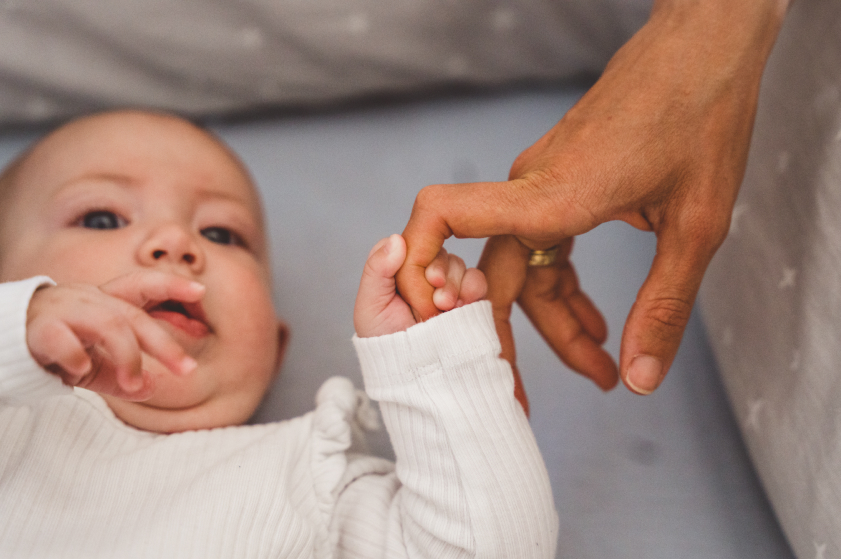Physical Therapy for Children
Physical therapy for children of any age focuses on promoting the child’s health, independence and proper social functioning.
Physical therapy allows children to improve their ability to independently perform any daily activity, such as walking, running, weaning, playing, eating, dressing, and so on.
Physical therapy tailored to children help them develop and promote movement and mobility: crawling, sitting, standing, walking and more. Physical therapy encourages motor development and function according to the ability of children while improving body function such as posture, balance, coordination, strength, endurance, learning and so on.
Who needs physical therapy
The population that needs physical therapy is diverse and includes babies and children who suffer from:
- various health and developmental issues such as musculoskeletal disorders (congenital or caused by trauma such as a break).
- Developmental delay.
- Genetic and metabolic syndromes (such as, CP ,ASD, DCD).
- Respiratory tract diseases.
- Mental health illness.
- Malignant diseases.
- Children who suffered an accident.
Eligibility for physical therapy
Children, from birth to the age of 18, regardless of their health condition, are eligible for physical therapy whenever needed. If you notice that your child does not develop according to the usual milestones or if the child suffers from other developmental issues, you can contact your HMO and find out how you can exercise your eligibility for physical therapy. Physical therapy is part of the health services basket.
Course of physical therapy for children
The physical therapy plan is tailored for each child, taking into account each individual's health, developmental, emotional, cognitive and environmental conditions.
Every child undergoes an assessment, diagnosis, treatment, training and counseling, adaptation of the environment, including mobility and function devices, tailored to the unique needs of the child and the family.





















